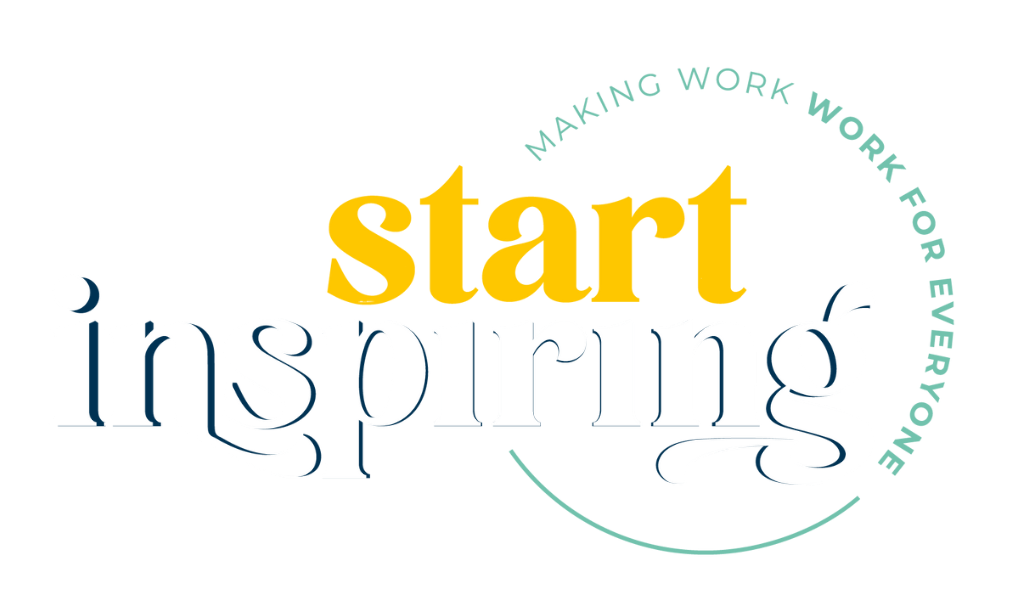Why emotional intelligence is the secret sauce of leadership performance
You spent your adolescence being told that academic success meant the key to a “successful life” (no doubt, without anyone asking you what that meant to you, personally, as a unique human being - but that’s another blog!).
You then went into the world of work. A place of similar dynamics to the playground: there are the ones playing nicely together (the fusion of creativity and collaboration), the ones you can hear, the ones happy watching in the background, the social complexities, the cliques and the politics.
If I were to ask you to scan a playground and pick out who will be a future leader and who won’t - what would you look for? Would you ask for their grade average? Would you look for the dominant, alpha-type kid? Would you be drawn to the ones you can hear because of their extroversion? Unfortunately, there are certain stereotypes that we attribute to a ‘leader’. Fortunately, most of them are now known to be largely inconsequential when it comes to leadership. Successful leadership, that is.
We all know that Alpha-ball-busting-narcissistic-bully type of leader - that’s not what I am talking about. That person might be called a leader, but it is by title only. I can call a cat a dog - it doesn’t mean it can bark. Successful, influential, high performance leadership has nothing to do with how loud or quiet you are, how funny, or even how high your IQ is… it has everything to do with your Emotional Intelligence, or EQ.
We’ve been talking about EQ since the early 90s, but it wasn’t until the late 90s that Daniel Goleman began connecting EQ with business leadership. He argued in the Harvard Business Review, “without [EQ], a person can have the best training in the world, an incisive, analytical mind, and an endless supply of smart ideas, but [he or she] still won’t make a great leader.”
Why not?
Because they don’t have the secret sauce: the combination of these five attributes:
Self-awareness
Self-regulation
Motivation
Empathy for others
Social skills
These ingredients build high psychological safety into teams and therefore the wider culture, where people are more likely to take risks, be authentic, creative and collaborative.
This is a culture where people are motivated, high performing, energised.
This is a culture where conflict is resolved with care and communication.
This is a culture where your employees are healthier - and so is your bottom line.
Made, not born
Leaders are made. Excellent leaders recognise that they have to continually learn, adapt and grow. So even if this doesn’t sound like your current reality, the good news is that EQ can be built.
Go on, I dare you!
Let’s take self-awareness, for example. This is achieved when we develop internal awareness (what we know about ourselves) and then combine it with external awareness (how others experience us). A step towards building this could be to reflect on recent conversations and consider what you did, said, believed and felt in those moments. What was your perception of ‘you’ here? Then, letting curiosity take the wheel from ego, ask someone for their true perception of that same interaction. What you learn may be the most valuable information you’ve come across for a long time.
Where we can help
At Start Inspiring, we work with leaders across all levels and all industries, whatever their journey to date, and give you the knowledge, tools and support needed to recognise the EQ skills you already have and cultivate new ones. Get in touch today!

